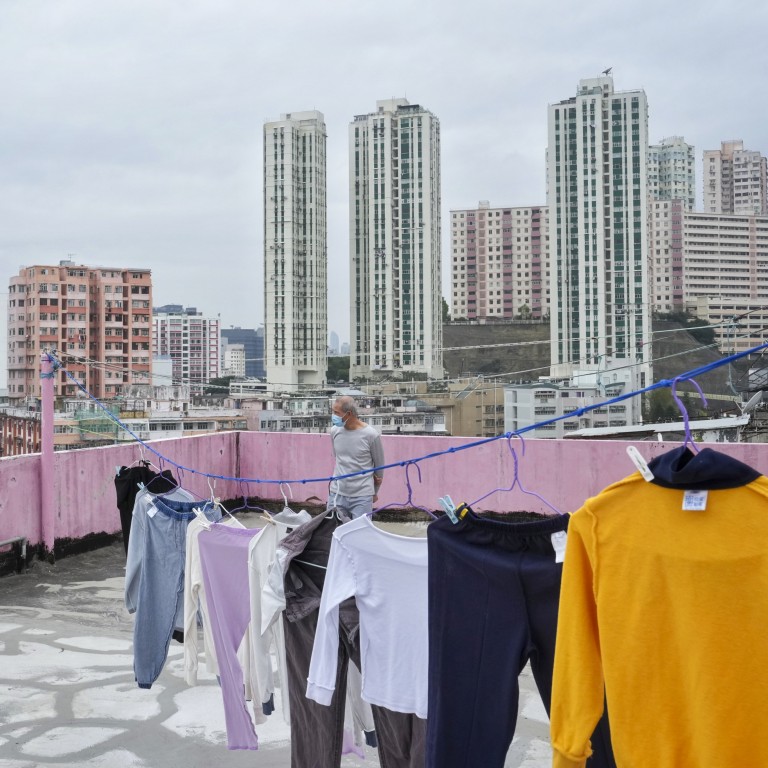
Letters | Hong Kong housing: efficient town planning should not mean unfettered government power
- Readers discuss the proposed legislative amendments to town planning rules, and the plan to redevelop part of a golf course to build flats
Yet legislators have raised valid concerns about the unchecked and arbitrary powers that the proposed amendments will confer on the administration. They pointed out that if the bill is passed, the government has the power not just to take over privately held land in the name of public interest but also to permanently change the land use of the site without public consultation. In other words, the government can resume the land to build a park, which many people would be in favour of, and then change its mind and instead build a hospital, next door to which many would not want to live.
Around the world, the use of eminent domain – the power of governments to take over private property for public use – is tightly regulated to safeguard property rights. The Basic Law states that “the Hong Kong Special Administrative Region shall protect the right of private ownership of property in accordance with law”. Private land should be resumed only if there is a compelling, legitimate and irrefutable public interest involved in doing so and resumption should never be done without due process. If the government wants to change the use of a site it has resumed, it should give the public and its former landowner the opportunity to raise objections. That is only fair and just.
Strong protection of private property rights, backed by a robust legal system, has been a key pillar of Hong Kong’s success. Yes, Secretary for Development Bernadette Linn said the chief executive and the Executive Council will be the gatekeeper. But her words ease few minds.
Ryan Lin, Mei Foo
Rushing through redevelopment of golf course is unwise
The impact on the proposed golf tournaments and the ability of the Hong Kong Golf Club to continue to facilitate the development of golf is just glossed over and I would be very interested to know how the government departments can help overcome the obvious problems.
Allan Hay, Tai Po

